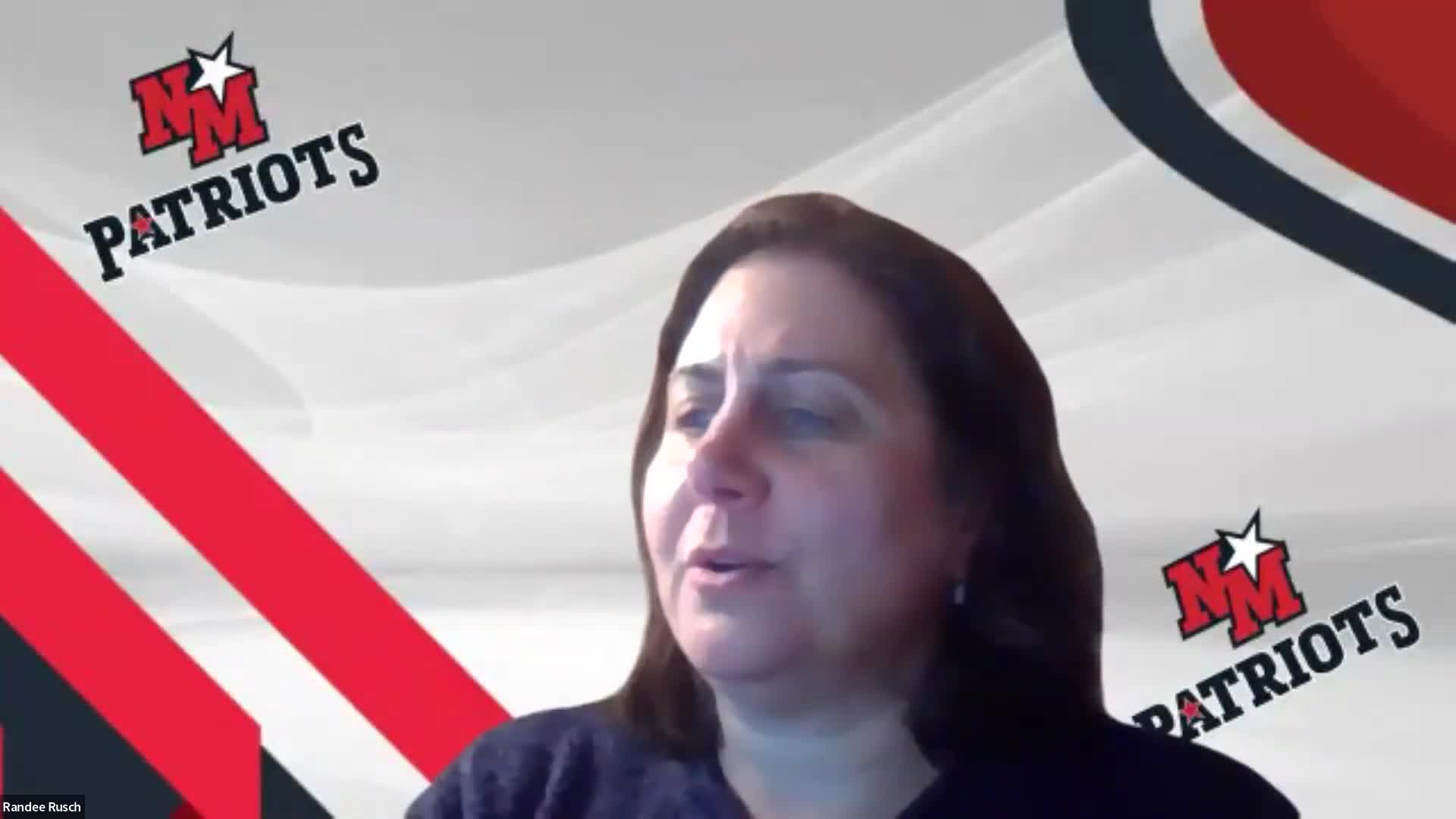School committee begins review of draft fiscal‑reserve policy to limit routine use of E & D funds
Get AI-powered insights, summaries, and transcripts
Subscribe
Summary
Committee members discussed a pared‑down draft fiscal‑reserve policy (DIB) that would discourage regular use of Excess & Deficiency (E & D) as operating revenue and recommend maintaining 3–4% of operating budget (statutory cap 5%); legal review and a joint subcommittee/workshop were proposed.
Member Randy Rush, who led the policy subcommittee, presented a pared‑down draft fiscal‑reserve policy intended to break a cycle of using certified Excess & Deficiency (E & D) as recurring revenue. The draft describes three reserve types (operating reserves, capital stabilization, and OPEB) and states that while statute limits the E & D balance to 5% of the general operating budget, "it is recommended that we maintain between 3 to 4% E & D balance to protect against unforeseen costs." The draft also says that a two‑thirds school‑committee vote could be used to apply existing E & D funds to the current operating budget in extraordinary or unavoidable circumstances, subject to member towns' approval processes.
Committee members raised process and timing concerns: several members requested more time to review the revised text that had been edited after the packet was issued; Kim Craven asked that finance see policy recommendations before full‑committee adoption when appropriate; members suggested a joint meeting or workshop to allow thorough review and public comment; and Nancy (administration) recommended flexible wording to avoid creating an unworkable rule for the committee or administration during transition years.
On procedural next steps, the subcommittee chair said a first reading could put the draft out for public comment but members generally agreed to schedule additional review (including legal/MASC consultation) and a possible joint subcommittee meeting before moving to a first reading or adoption.
